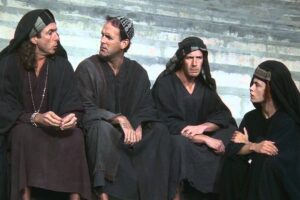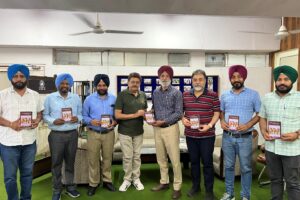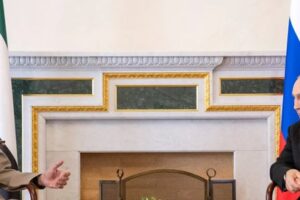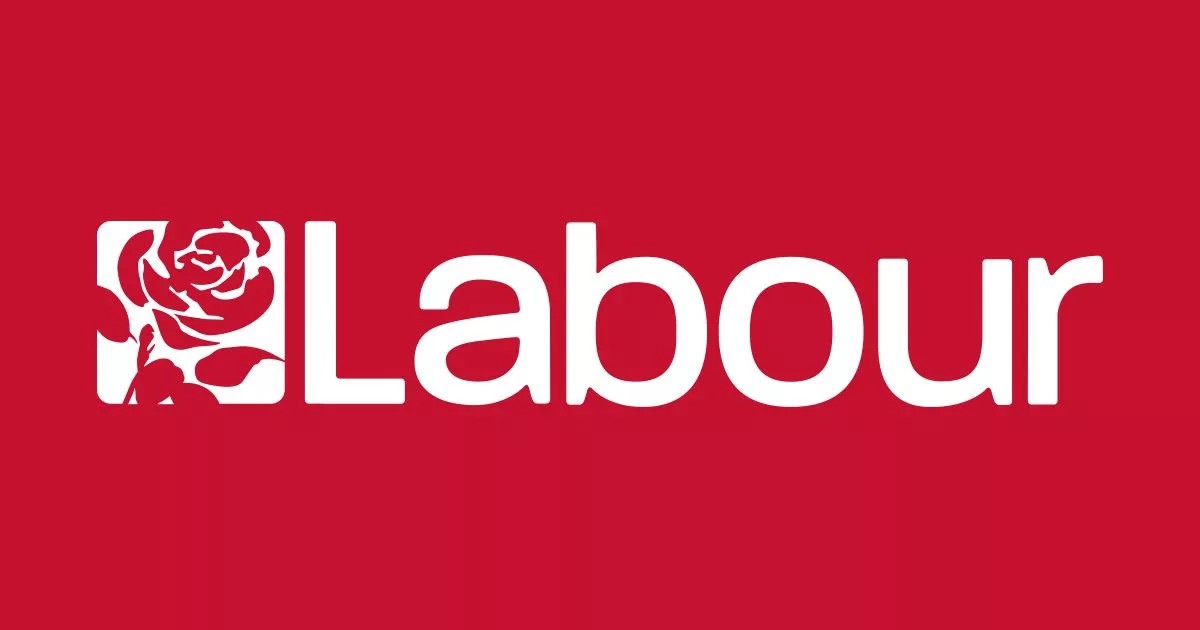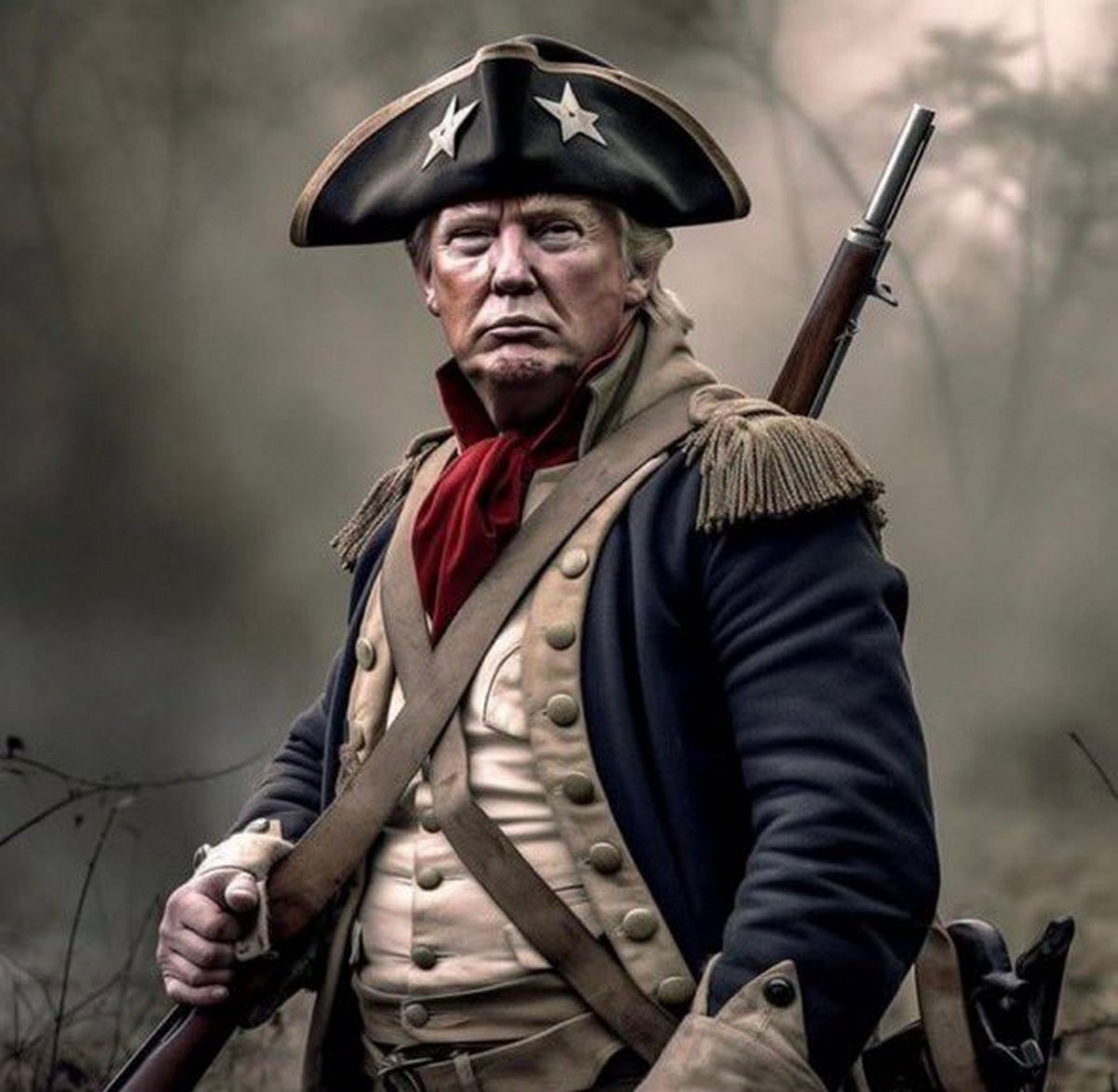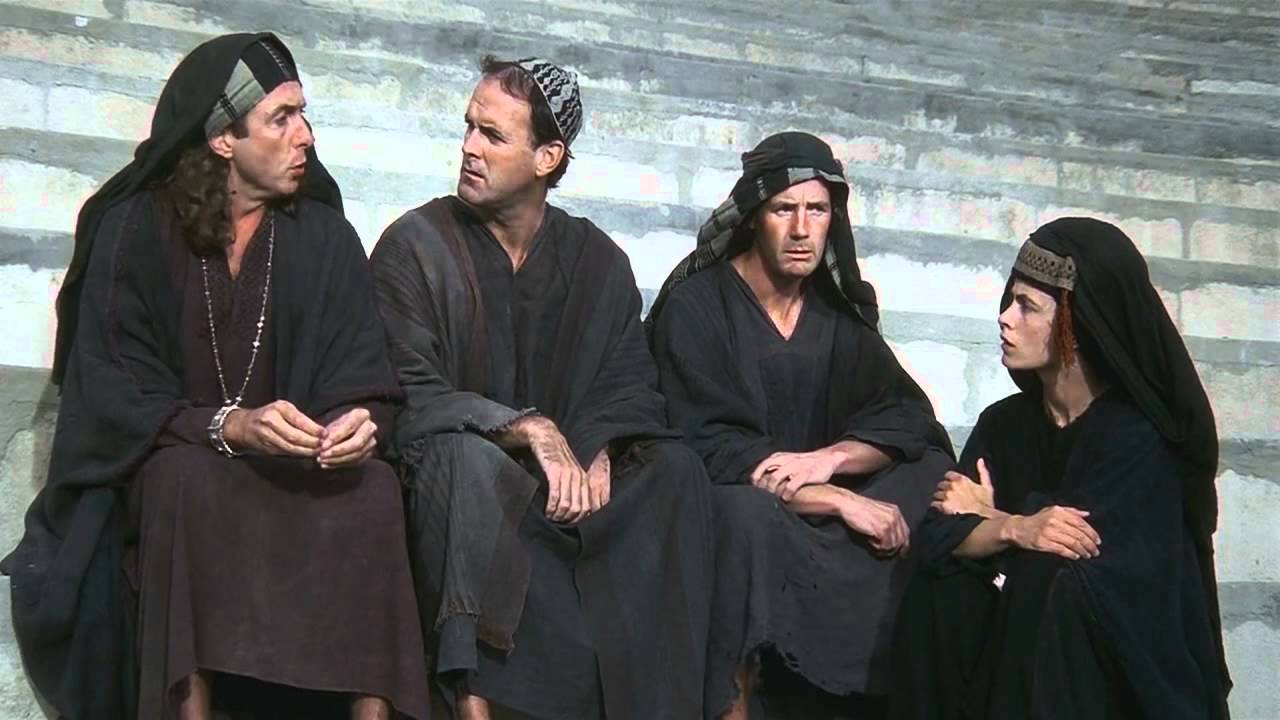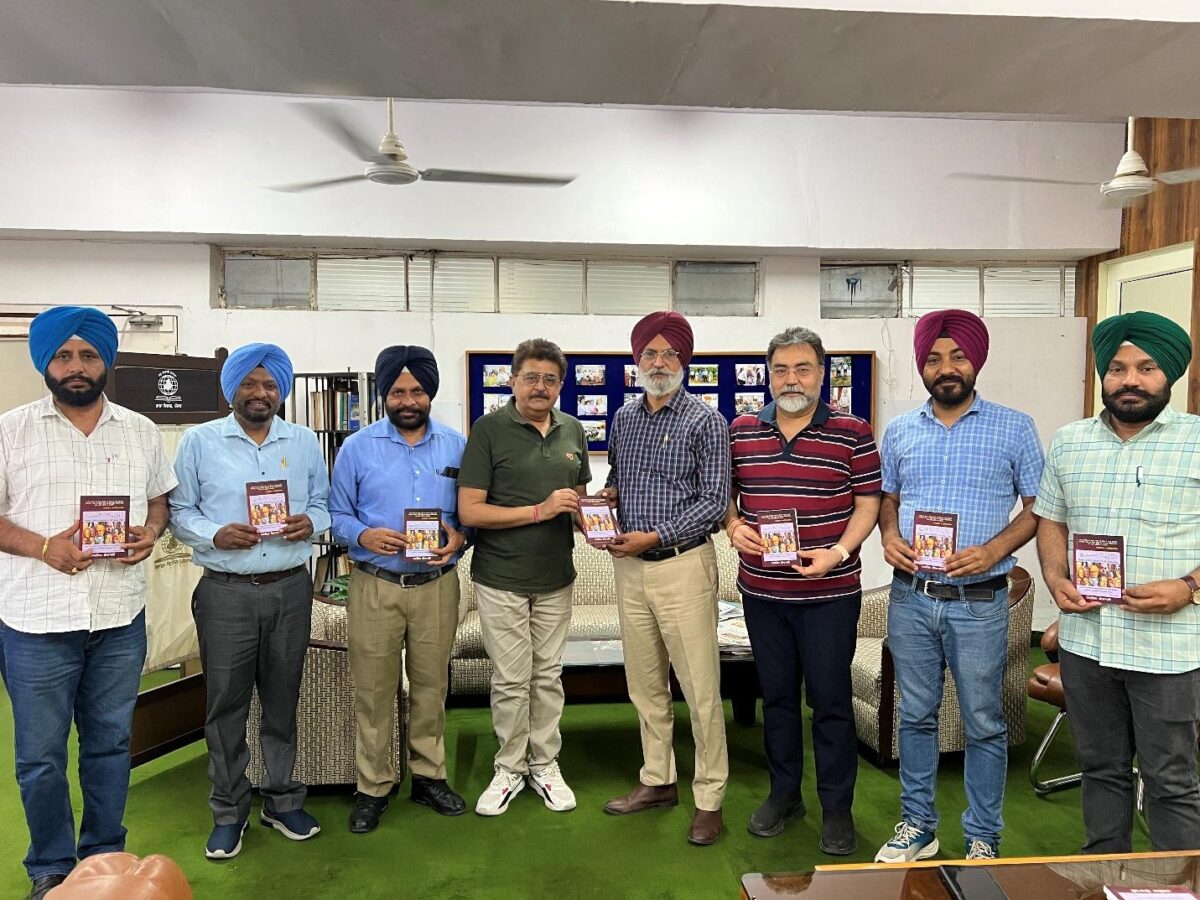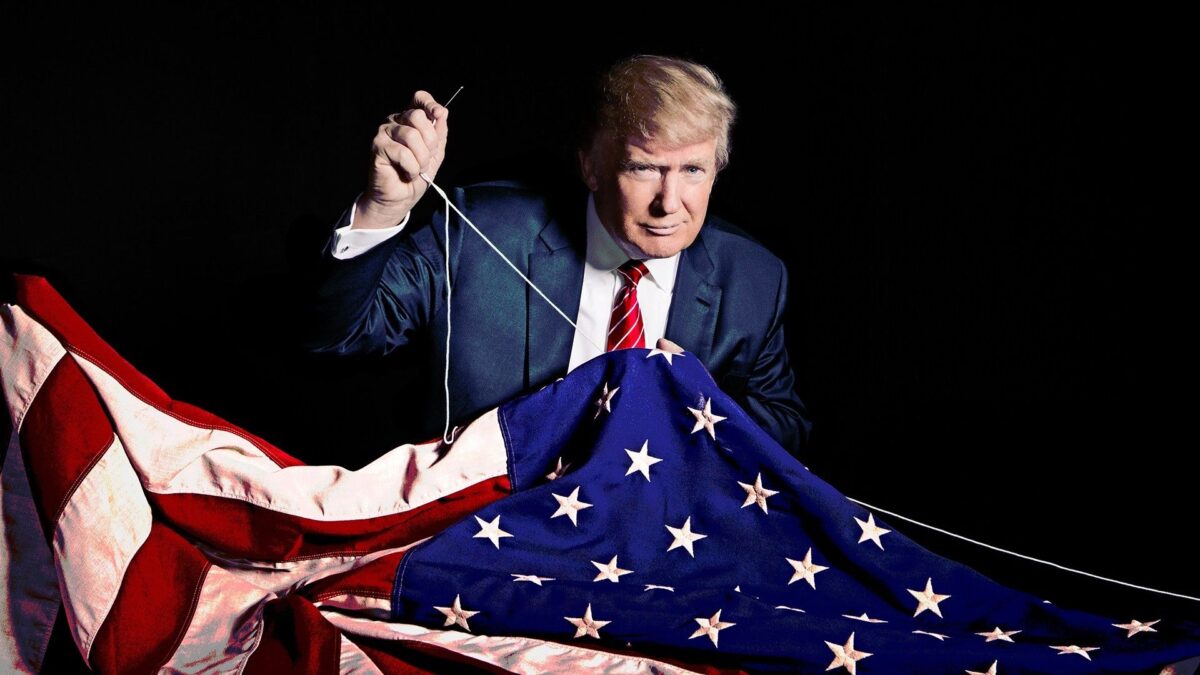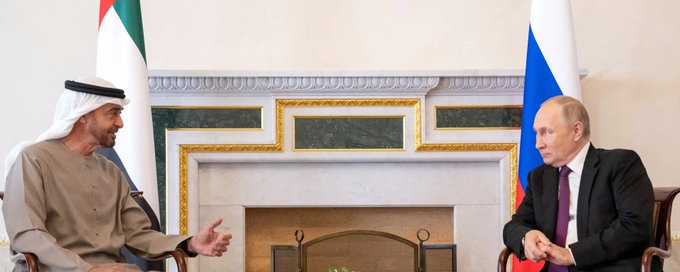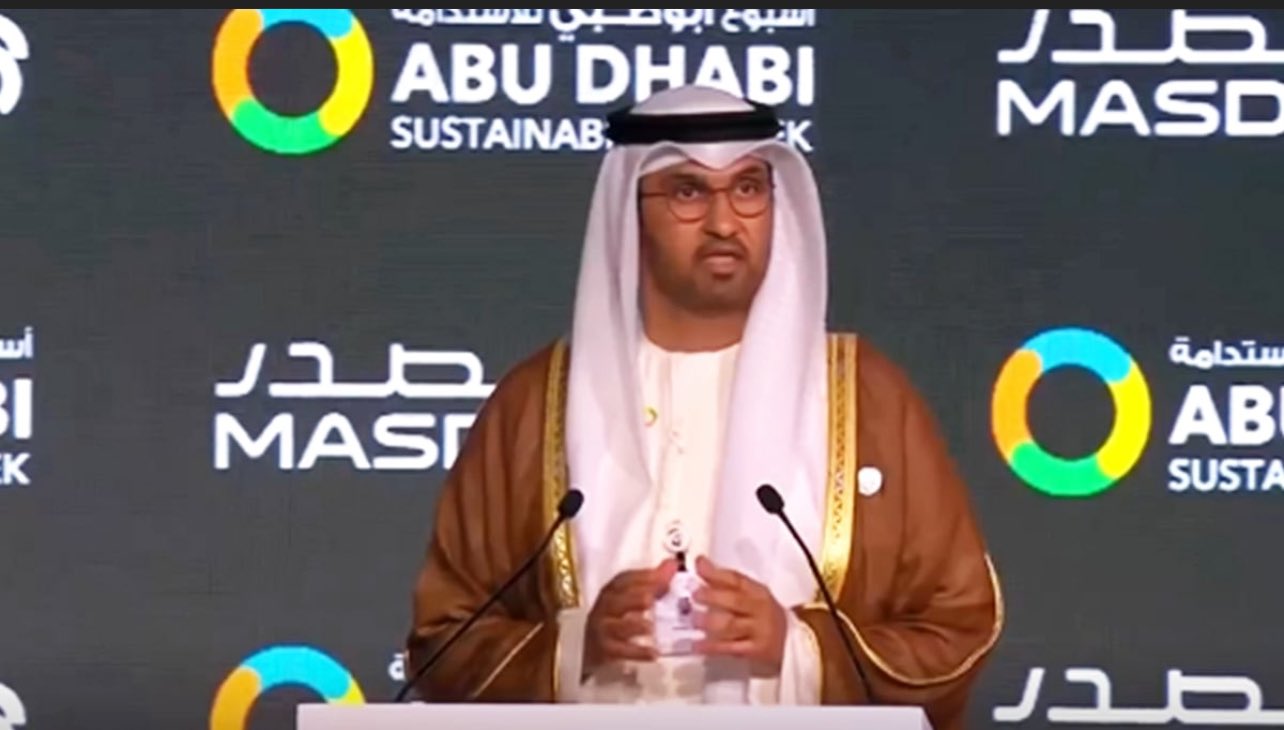and the Curious Silence of Mainstream Media
In the political arena, the glaring spotlight of public scrutiny is often reserved for those on the right of the spectrum, as allegations of corruption and malfeasance dominate headlines. Yet, a closer examination reveals a disconcerting pattern of corruption within the UK Labour Party that often remains shrouded in obscurity. The disparity in media coverage raises uncomfortable questions about the objectivity of mainstream reporting and the broader narrative shaping our understanding of political misconduct. In this column, we delve into the depths of the corruption lurking within the Labour Party, highlighting specific instances involving Labour politicians and councillors who have broken the law or fallen afoul of party rules, and probe the unsettling silence of the mainstream media.
Unmasking the Dark Corners
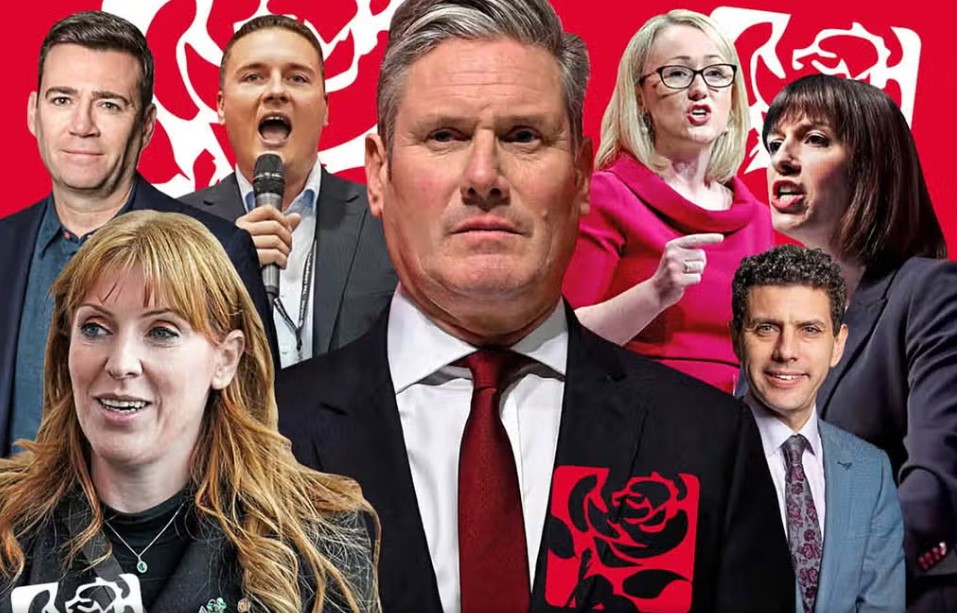
Unmasking the Dark Corners
While the UK Labour Party proudly touts its commitment to social justice and equality, it is disheartening to confront the shadows of corruption that have tarnished its ranks. Numerous instances of financial improprieties, unethical practices, and questionable conduct have emerged over the years, casting a pall over the party’s claims of moral rectitude.
Reports of questionable funding arrangements, opaque financial dealings, and allegations of bribery have marred the party’s image [^1^]. The misuse of taxpayer funds for personal gain and the cozy relationships between certain Labour members and business interests raise disturbing questions about the party’s ethical compass.
Labour Politicians and Councillors Under Scrutiny
Specific cases involving Labour politicians and councillors breaking the law or flouting party rules further underscore the challenges faced within the party. Examples include councillors found guilty of electoral fraud [^2^], instances of anti-Semitic rhetoric [^3^], and allegations of bullying and harassment within the party’s ranks [^4^]. These incidents raise important questions about the party’s ability to enforce its own standards of behaviour and maintain the ethical integrity it claims to embody.

The Media’s Blind Eye
Amidst this mosaic of corruption, a puzzling phenomenon emerges: the mainstream media’s conspicuous silence. While instances of corruption involving right-wing politicians often dominate headlines and spark heated debates, the same level of fervour is noticeably absent when the Labour Party is under scrutiny.
This disparity in coverage calls into question the media’s role as an impartial watchdog. The absence of robust reporting on corruption within the Labour Party undermines the principles of accountability and transparency that are crucial to a healthy democratic system. The selective focus perpetuates a skewed perception of political wrongdoing, potentially shaping public opinion and influencing electoral outcomes.
The Double Standard: A Disturbing Pattern
The lack of media attention on corruption within the Labour Party is not an isolated incident; it reflects a disturbing pattern that has far-reaching implications. This double standard perpetuates the narrative that political misconduct is predominantly a phenomenon of the right, while conveniently downplaying or even obfuscating instances of wrongdoing on the left.
The consequences of this skewed reporting are twofold. On one hand, it erodes public trust in media objectivity, leading to scepticism and cynicism about the information presented to the public. On the other hand, it shields certain political entities from the scrutiny necessary for accountability, potentially perpetuating a culture of impunity.

A Call for Equitable Reporting
The principles of democracy and transparency demand equitable reporting that transcends political affiliations. The mainstream media has a responsibility to shed light on corruption wherever it may arise, be it within the Labour Party, Conservative Party, or any other political entity. The selective reporting of corruption based on partisan lines undermines the foundational values of a robust democratic discourse.
As citizens, we must advocate for a media landscape that holds all political actors to the same standard of accountability. True journalistic integrity lies in upholding the principles of truth, fairness, and impartiality, regardless of the ideological leanings of the subjects under scrutiny.
Conclusion: Restoring Balance and Integrity
The shadows of corruption within the UK Labour Party serve as a stark reminder that political misconduct knows no party boundaries. The unsettling silence of the mainstream media on these matters should galvanize us to demand transparency, accountability, and equitable reporting.
As consumers of news, we have a role to play in upholding the principles of a robust democracy. By holding the media accountable for their reporting practices and demanding a more comprehensive and unbiased coverage of corruption, we can help restore balance and integrity to the public discourse. Only through such collective efforts can we hope to illuminate the shadows and pave the way for a more transparent and accountable political landscape.
References:
- The Guardian: UK Labour Party Inquiry into Financial Dealings
- The Independent: Labour Councillor Guilty of Electoral Fraud
- BBC News: Labour Suspends Members Over Anti-Semitic Posts
- The Guardian: Labour Bullying and Harassment Allegations
Views: 0



